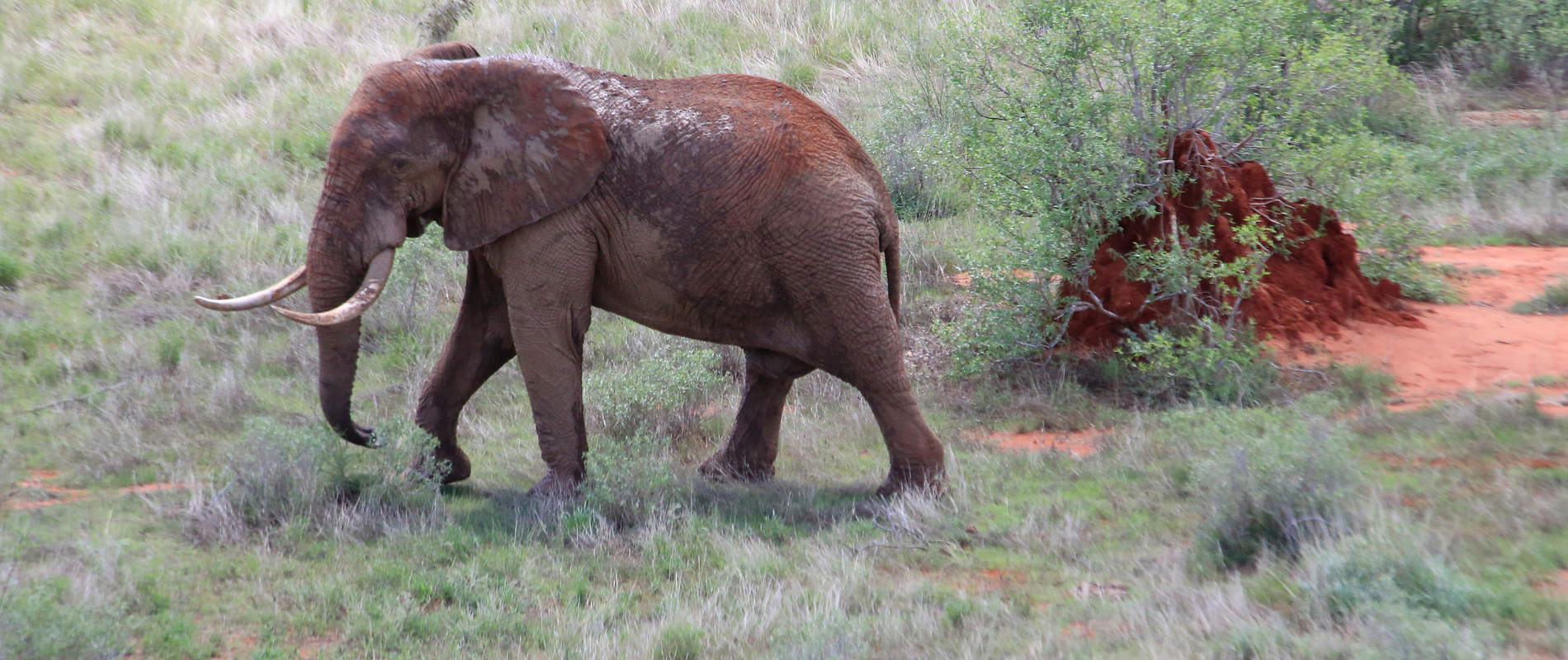The fatal decision for elephants in Botswana to lift a hunting ban is a step back for conservation and sends a worrying message that elephants, and other species, are disposable assets that must pay their way, with their life.
Until recently, Botswana’s approach to elephants has been a shining example to others; wildlife protection was a central part of the former President, Ian Khama’s, mandate. Big game hunting was banned in 2014 and it had stood in opposition to other Southern African Nations that sought to lift the global ban on ivory sales. Its elephant population has benefited - estimated at 130,000 - as has the country’s photographic safari tourism sector, with tourism being the 2nd largest revenue generator to Botswana’s economy.
Tragically, that is now set to change. On 22 May 2019, the current government led by President Mokgweetsi Masisi chose to lift the hunting ban following a cabinet committee review citing that an increased elephant population is negatively impacting people’s livelihoods. In the lifting of the ban, however, not only elephants are affected. Lions, a species that like elephants is globally in decline, are too, while the country is also now preparing to lobby alongside Namibia, Zambia and Zimbabwe for the re-opening of the ivory trade.
As a conservation charity working in Kenya - where hunting is banned – the Sheldrick Wildlife Trust is acutely aware of the challenge of reducing human-wildlife conflict and helping people and elephants find positive balance; we too have witnessed the catastrophic impact of elephants crop-raiding and human retaliation.
There are, however, ways and means to address these challenges; the creation of wildlife buffer zones, strategically placed fencelines to protect communities (and elephants), public-private land partnerships, movement of problem animals, secured migratory routes, the list goes on and perhaps that is the issue. There is no single, immediate, solution and a combination of measures is needed, which require an investment of time, money and will.
Putting a price tag on elephants to allow rich hunters to shoot them is not a solution to the problems being faced in Botswana, or any country that has an elephant population. Botswana’s decision is depressing, upsetting, ill-thought out and a major step backward for the country and its (our planet’s) wildlife. Worryingly, it sends a dangerous message. That elephants, and other species, are disposable assets, that must pay their way, with their life.
Elephants play an essential role in shaping their environment and in enhancing biodiversity, and it is the loss of biodiversity that so clearly threatens the survival of our own species. Killing elephants, be it through hunting or ivory poaching, is akin to slowly poisoning ourselves. Our species can share this planet, as we have for thousands of years, but we must be willing to work to make that a reality and we must make sacrifices, not sacrifice the elephants.
